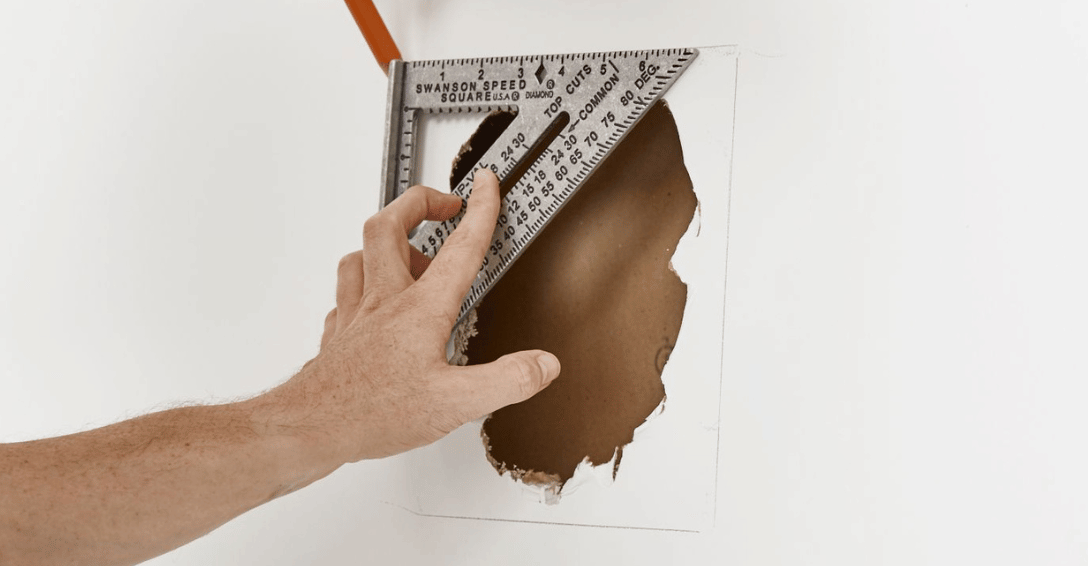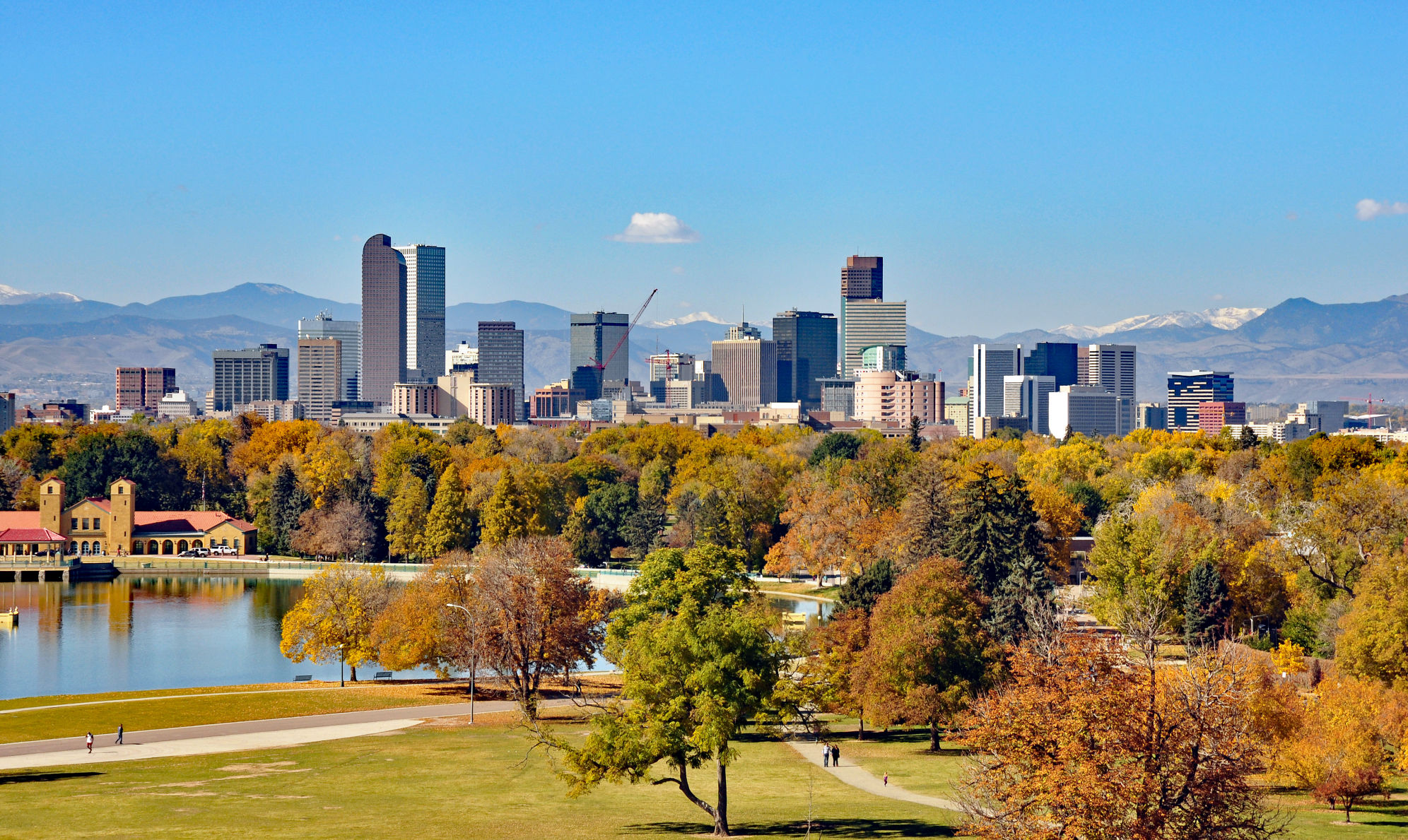Understanding the Importance of Quality Drywall Repair in Denver, Colorado
As one of the most essential elements of a house's structure, the quality and condition of drywall are paramount. In this guide, we will discuss the importance of quality drywall repair in Denver, Colorado, taking into consideration the specific conditions and regulations of the area.
Introduction to Drywall
Drywall, also known as plasterboard or gypsum board, is a common construction material used to create interior walls and ceilings. It's a panel made of calcium sulfate dihydrate (gypsum) sandwiched between two thick sheets of paper. Drywall has largely replaced traditional lath and plaster methods due to its quicker installation time and lower cost.
Common Causes of Drywall Damage in Denver
Denver, Colorado's unique geographical location and variable climate can contribute to a variety of issues that may cause damage to drywall. Here are some common causes of drywall damage in Denver:
Fluctuating Humidity: Denver's climate can be dry but can also experience periods of high humidity, especially during the summer months. These changes in humidity can cause the drywall to expand and contract, leading to cracks and other forms of damage over time.
Temperature Changes: Denver's temperature can vary greatly between seasons, with hot summers and cold, snowy winters. These drastic temperature changes can lead to the expansion and contraction of building materials, including drywall. Over time, this can lead to cracking and other structural damage.
Water Damage: Despite its generally arid climate, Denver can experience severe weather, including heavy rain and snow. If a home isn't properly insulated or if the roof or plumbing leaks, water can seep into the drywall, causing it to warp, stain, or even foster mold growth.
Improper Installation: If the drywall was not installed correctly, it may be more prone to damage. This could be due to inadequate fastening, incorrect taping, or failure to acclimate the panels to the home's humidity and temperature before installation.
Settling of the House: Over time, houses can settle, especially in areas like Denver with diverse geological conditions. This natural process can lead to small movements in the home's structure, which can result in drywall cracks, particularly around doors and windows.
Physical Impact: Accidental impacts from furniture or vigorous activity within the home can also cause dents, holes, or cracks in the drywall.
It's important to recognize and address these issues promptly, as neglected drywall damage can lead to more significant problems, including structural instability and potential health hazards due to mold. Regular inspections by a professional can help catch any minor damage before it becomes a major issue.
Data from local government sources
City and County of Denver...
Impact of Poorly Repaired Drywall
Poorly repaired drywall can have a significant impact on the aesthetics and value of your home or office space. Imperfections such as visible seams, cracks, or uneven surfaces can detract from the overall appearance of the room. Besides, improper drywall repair can lead to recurring damage, especially if underlying issues such as moisture problems are not addressed. This can result in further repair costs down the line. Structural integrity may also be compromised if the damage is severe and not properly remedied, potentially posing safety risks. Furthermore, poorly repaired drywall could lower the property's resale value, as prospective buyers may view it as a sign of neglect or poor maintenance.
Regulations and Guidelines for Drywall Repair in Denver
There are general practices and standards that are typically followed across different regions.
Here are some of them: Permits: In many cities, small repairs or patchwork might not require a permit, but larger projects like installing new drywall in a substantial portion of your home or a full remodel may require one. It's important to check with Denver's local building or permit office to understand what is needed.
Building Codes: Denver, like other cities, has building codes that dictate certain standards for construction, including drywall installation and repair.
These codes ensure that the work is done safely and up to a certain quality standard.
Licensed Professionals: Depending on the scale of the job, you might be required to hire a licensed contractor to carry out the work. This ensures that the professional is familiar with the local building codes and will be able to perform the job correctly.
Asbestos Regulations: In older buildings, there's a chance that asbestos might be present in drywall joint compound. Special care needs to be taken when working with materials that contain asbestos due to the health risks it poses. It's important to consult an expert if you suspect the presence of asbestos.
Disposal of Materials: There may also be regulations on how to properly dispose of old drywall or construction debris.. Refer to city building codes from the Denver Community Planning and Development and state regulations...
Importance of Professional Drywall Repair
The importance of professional drywall repair cannot be overstated. Here are several reasons why:
-
Quality of Work: Professionals have the expertise and experience to ensure that drywall repairs are done correctly, providing a smooth, seamless finish that blends with the surrounding wall. This level of detail and precision can be difficult for a DIY enthusiast to achieve.
-
Time and Convenience: Drywall repair can be a time-consuming process, especially for larger jobs or extensive damage. Professionals have the skills to complete the work efficiently, saving you time and the inconvenience of disrupting your daily routine.
-
Correct Tools and Materials: Professionals have access to the right tools and materials for the job. They know which type of drywall, joint compound, and tape to use for specific situations, which ensures a better result and longevity of the repair.
-
Knowledge of Building Codes: A professional drywall repair contractor will be familiar with local building codes and regulations, ensuring that all work is compliant and avoiding potential issues down the line.
-
Problem Diagnosis: Sometimes, drywall damage can be a symptom of a larger problem, such as a water leak or structural issue. Professionals can identify these underlying problems and suggest appropriate solutions.
-
Safety: Repairing drywall involves working with tools and materials that can be hazardous if not handled properly. Professionals are trained in safe practices and can perform the work without risking personal injury.
-
Cost-Effective: While hiring a professional might seem expensive upfront, it can actually save money in the long run by preventing the need for repeated repairs due to initial substandard work.
How to Maintain Drywall Quality in Denver's Climate
Denver's semi-arid, high-altitude climate presents unique challenges for maintaining drywall quality. The region's intense sunlight, low humidity, and drastic temperature fluctuations can lead to drying and cracking. To mitigate these effects, consider using flexible joint compound to accommodate shifts in the building structure and reduce the likelihood of cracks. Regular inspections for any signs of damage, followed by prompt repairs, can also prevent minor issues from escalating. Ensuring your property has proper insulation can help stabilize indoor temperatures and reduce strain on the drywall. Lastly, managing indoor humidity levels using a humidifier or dehumidifier, depending on the season, can help maintain drywall integrity in Denver's climate.
Use data from local weather services and advice from the
Colorado Department of Local Affairs...

